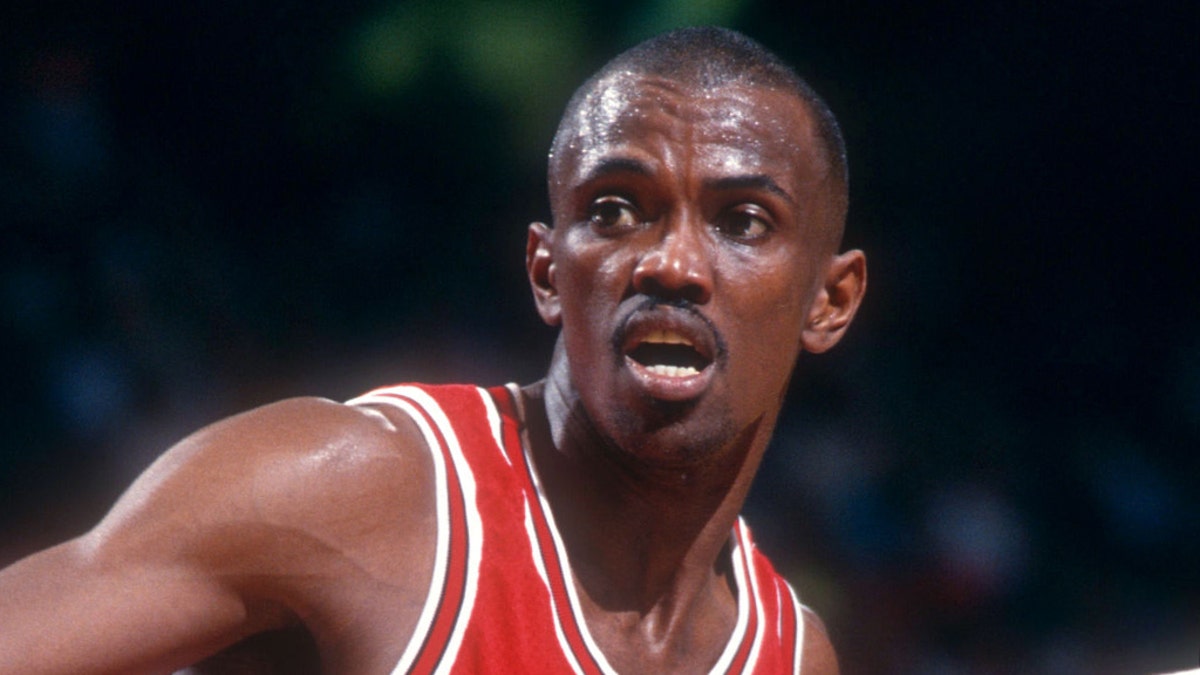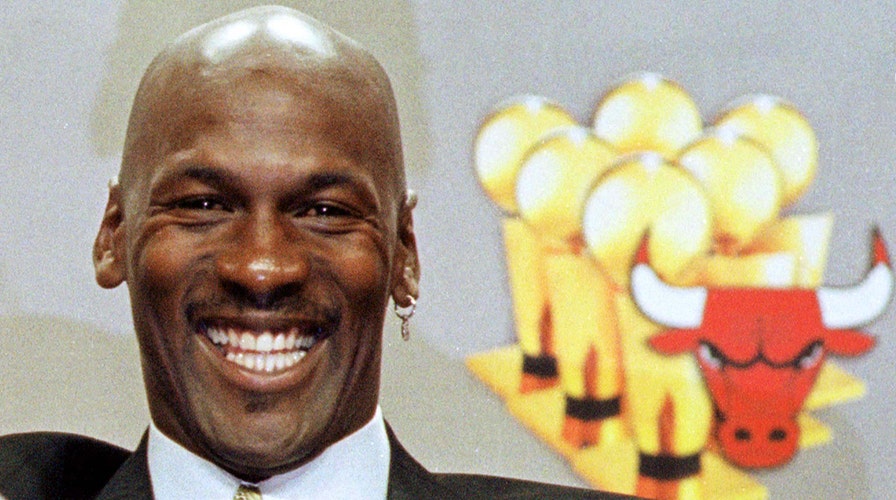Fox News Flash top headlines for May 18
Fox News Flash top headlines are here. Check out what's clicking on Foxnews.com.
Michael Jordan’s former Chicago Bulls teammate said in an interview published Sunday that the NBA legend became a prisoner of his own success.
Craig Hodges made the comments in an interview with Hoops Hype after getting asked about what he thought about the documentary and Jordan’s remark about the so-called “traveling cocaine circus” – a nickname given to the team in the 1980s.
“Well, when I look at MJ, he’s a product of his success. Sometimes, that success can be a prison for you. I look at it in a couple lights, man. I feel somewhat empathy for him, to some degree, because of the fact that you are in a prison – in two prisons actually,” Hodges said.
“America was a prison for black people, and now you’ve been incarcerated through capitalism on a whole different level. So it’s cool for the entertainment value of it, but I think it’s been somewhat divisive as far as in line with what we need right now as both the people and the world.’
Hodges was Jordan’s teammate from 1988 to 1992. Jordan’s comments about the “traveling cocaine circus” were about an era of the Bulls in 1984-85. Hodges was not on the team at that time but made a point to say he wasn’t involved in any of the extracurricular activities outside basketball.

Craig Hodges spoke about Michael Jordan. (Photo by Bruce Bennett Studios via Getty Images Studios/Getty Images)
“So, a lot of things as far as partying and going out and hanging and gambling and all that, I didn’t do that,” he told Hoops Hype. “I was cordial, I’m respectful. Still, to this day, I’m respectful. I just want to know why some of the things are going on and why you feel like, at this point in your life, you have to throw your teammates under the bus? You know what I’m saying?
CLICK HERE FOR MORE SPORTS COVERAGE ON FOXNEWS.COM
"I understand how you feel like you have to motivate people, but is that your responsibility? I was in those circles at the time. When you have athletes who want to be overbearing, oftentimes that overbearing is because they have some insecurities of their own.”









































